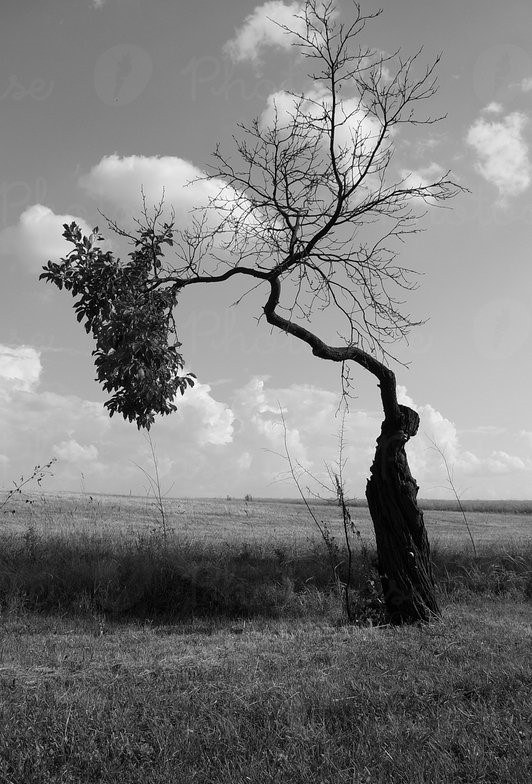There are two completely different meanings to death. The first springs from fear, the primal fear in humans stemming from the knowledge of death, which is as old as man. The second is communion with the actuality of death inseparable from life, which is the wellspring of life.
Having knowledge of death and not having an insight into thought (which is inherently separative), humans have separated death from life. I’ve even hard Buddhists say that death makes no sense to them. To my mind however, death gives meaning to life. Indeed, it’s the source of life.
It’s impossible to say what death is, besides that it is certain. One thing is certain about death however. It is the end of continuity. And that’s why we fear it.
 Not just the continuity of the body, which most people accept, but the continuity of the ‘me,’ of everything I’ve accumulated—all my possessions, material and non-material, all my experiences, knowledge and things.
Not just the continuity of the body, which most people accept, but the continuity of the ‘me,’ of everything I’ve accumulated—all my possessions, material and non-material, all my experiences, knowledge and things.
But if we regularly end psychological continuity during life, then the fear of death ends with it. So the question is, can we end mental and emotional continuity while fully alive? That’s what it means to die every day, and live without separating death from life.
When time ends, the movement of thought ends; and when thought ends, time ends. Ending time, communing with death and experiencing the numinous are one and the same movement, which can only begin when thought ends.
So living with death doesn’t mean physically dying; it means experiencing the actuality of death, which is inseparable from life.
Speaking personally, that doesn’t occur with every meditation. But when there’s complete meditation, that is, when the unwilled movement of negation ignites and incinerates every thought and emotion as they arise, continuity ends. Can one die in this way each day?
We humans are afraid to die, so we put off death until the end, which of course makes it too late to understand and transcend death. Death has no time, in life or after the body expires. Which doesn’t mean there’s an afterlife.
If there’s not communion with death during life, there can only be some false form of continuity after one expires, Reincarnation may be a fact, but it isn’t the truth.
Reincarnation must involve some form of continuity. That’s why though it may be a fact, reincarnation isn’t the truth, because the truth only exists when continuity in consciousness ends.
That’s also why knowledge and truth are two completely different things, because knowledge necessarily involves continuity.
As these insights, and more importantly, the state of insight were coming over one while sitting at a secluded picnic table  watching the stream, and the light on the leaves at the peak of autumn in northern California, a conduit I know rode up on his bike.
watching the stream, and the light on the leaves at the peak of autumn in northern California, a conduit I know rode up on his bike.
Interrupting my meditation, he asked if it was ok to talk. Foolishly, I agreed. A minute a two after we engaged, he took out a book and laid it on the table.
Though he had just purchased it and was only 30 pages into it, because the author is known, it had authority to him. The primacy of sharing insight together, which is of the moment, meant nothing.
He asked me to explain what I meant by, ‘where man went wrong and is still going wrong.’ Again foolishly, I attempted to do so.
He compared and disputed what I was saying by citing this or that Eastern or Western philosopher. This fellow prides himself on being a self-taught scholar, one for whom systems, theories, books and respectable teachers are primary, not the actual experiencing of the things teachers are talking about.
He finally left, but by that time the sun was setting. I’d missed a meditation. Feeling the urge for ablutions at least, I walked down to the edge of the creek. The stream is running full and quite fast after the recent rains.
The ground was sloping and slippery, and as I crouched after standing for 40 minutes, I slipped, lost my balance and went head first into the water! The water was cold and deep, and I went in all the way in.
I certainly had my ablutions. And I learned not to engage during a meditation with a previously seen conduit of collective darkness, even if he appears innocuous.
Fortunately it was only a half-mile walk back to the car. Laughter came later, after I was dry and warm.
Martin LeFevre
No comments:
Post a Comment